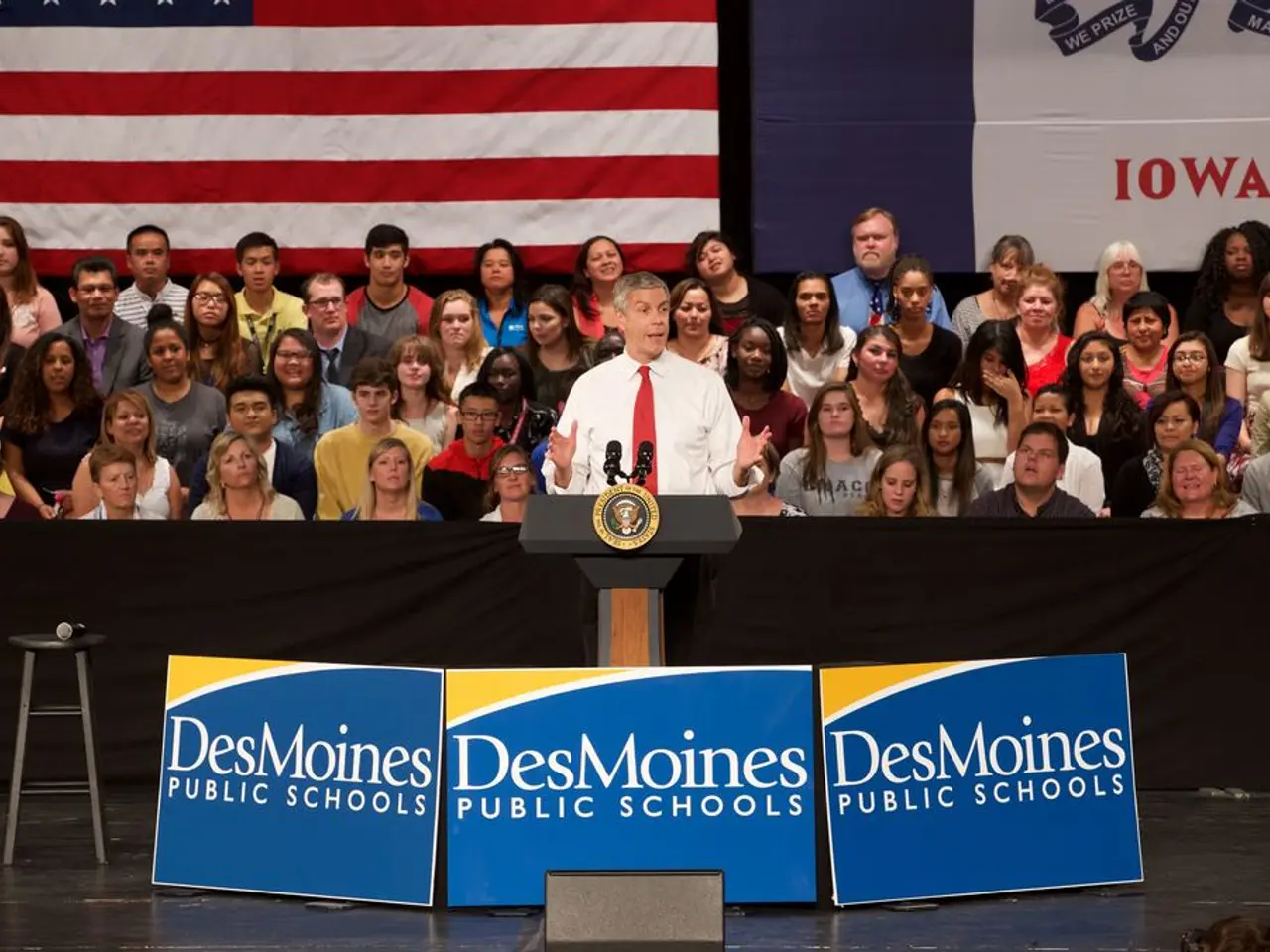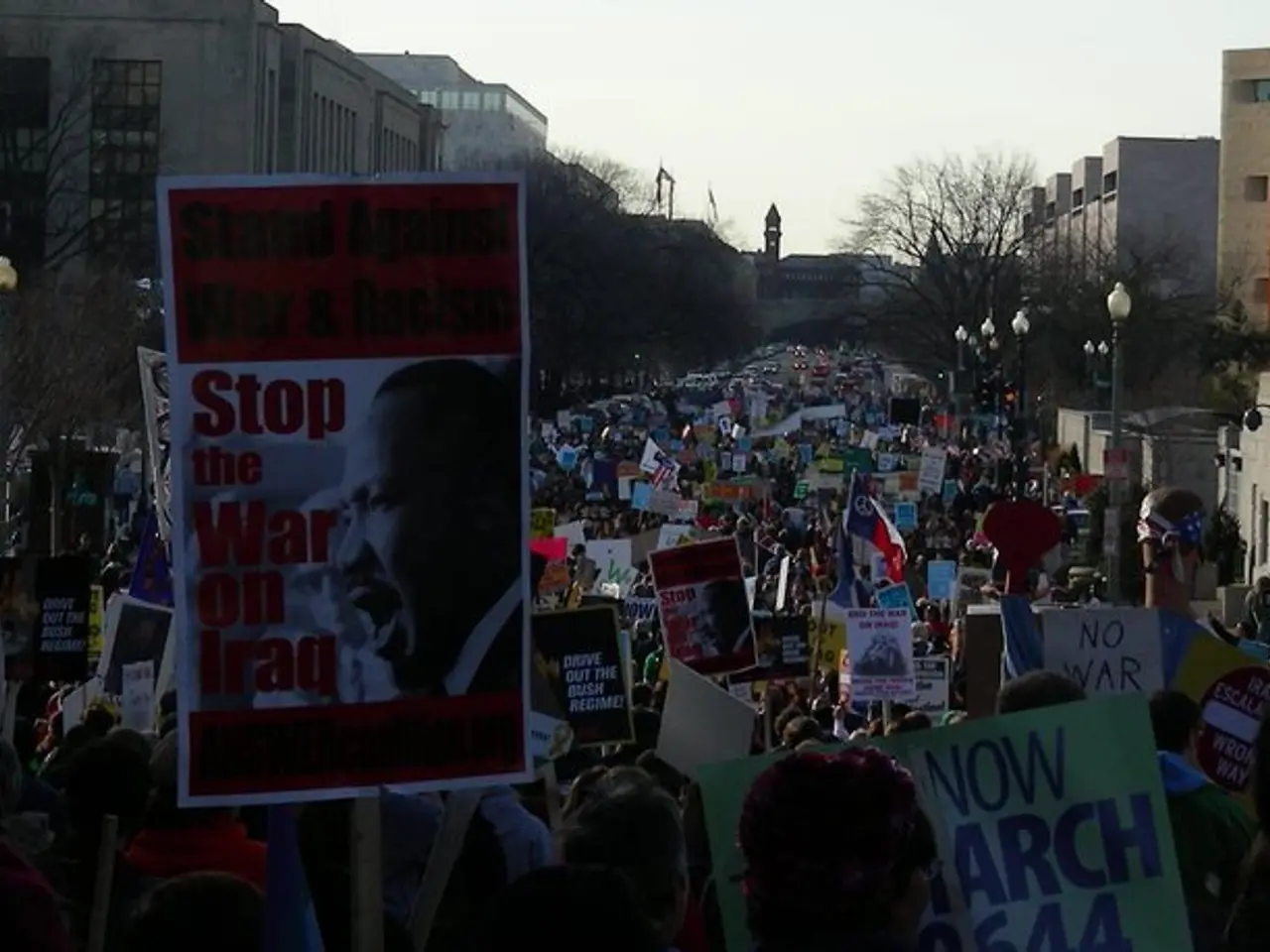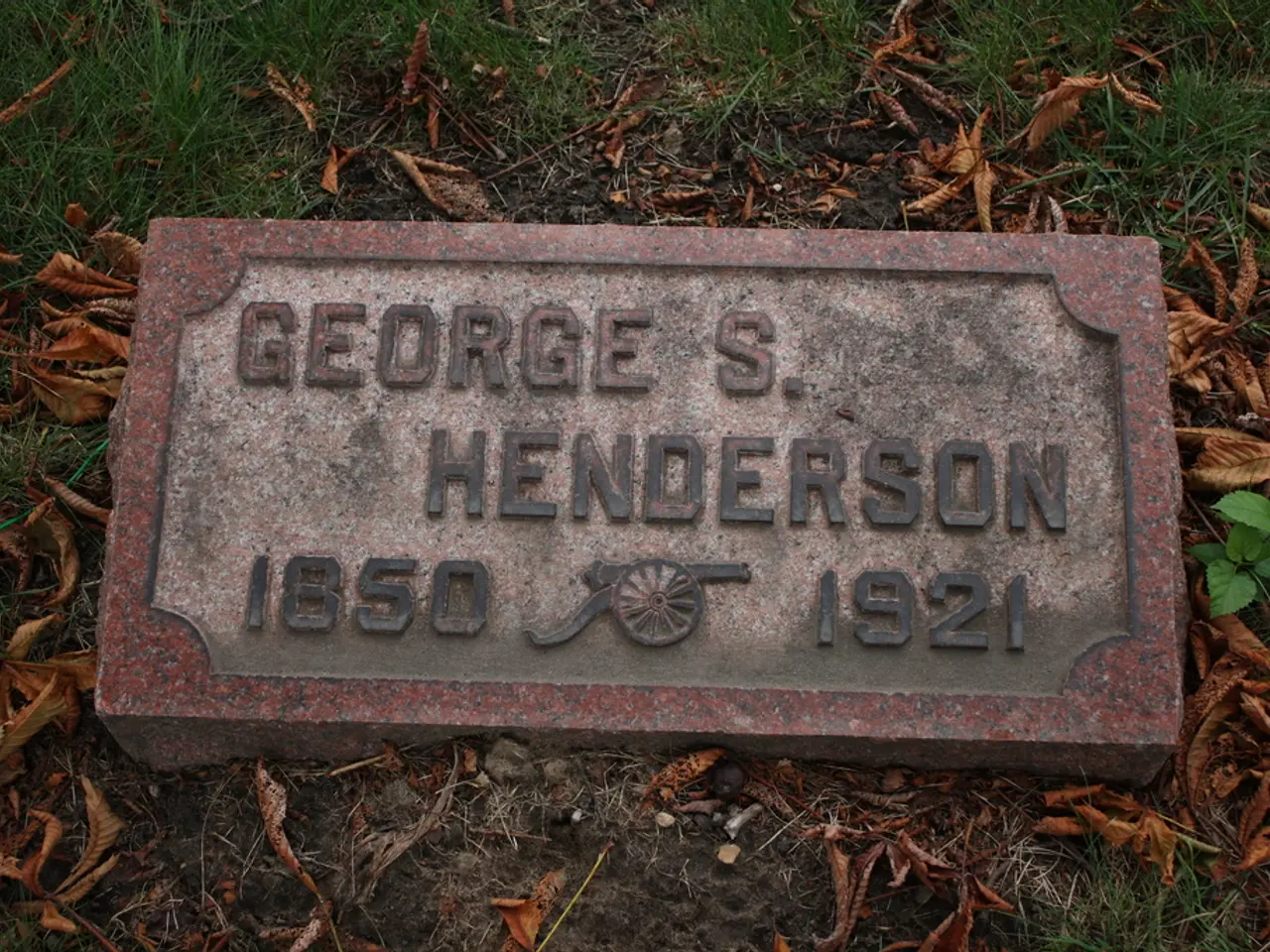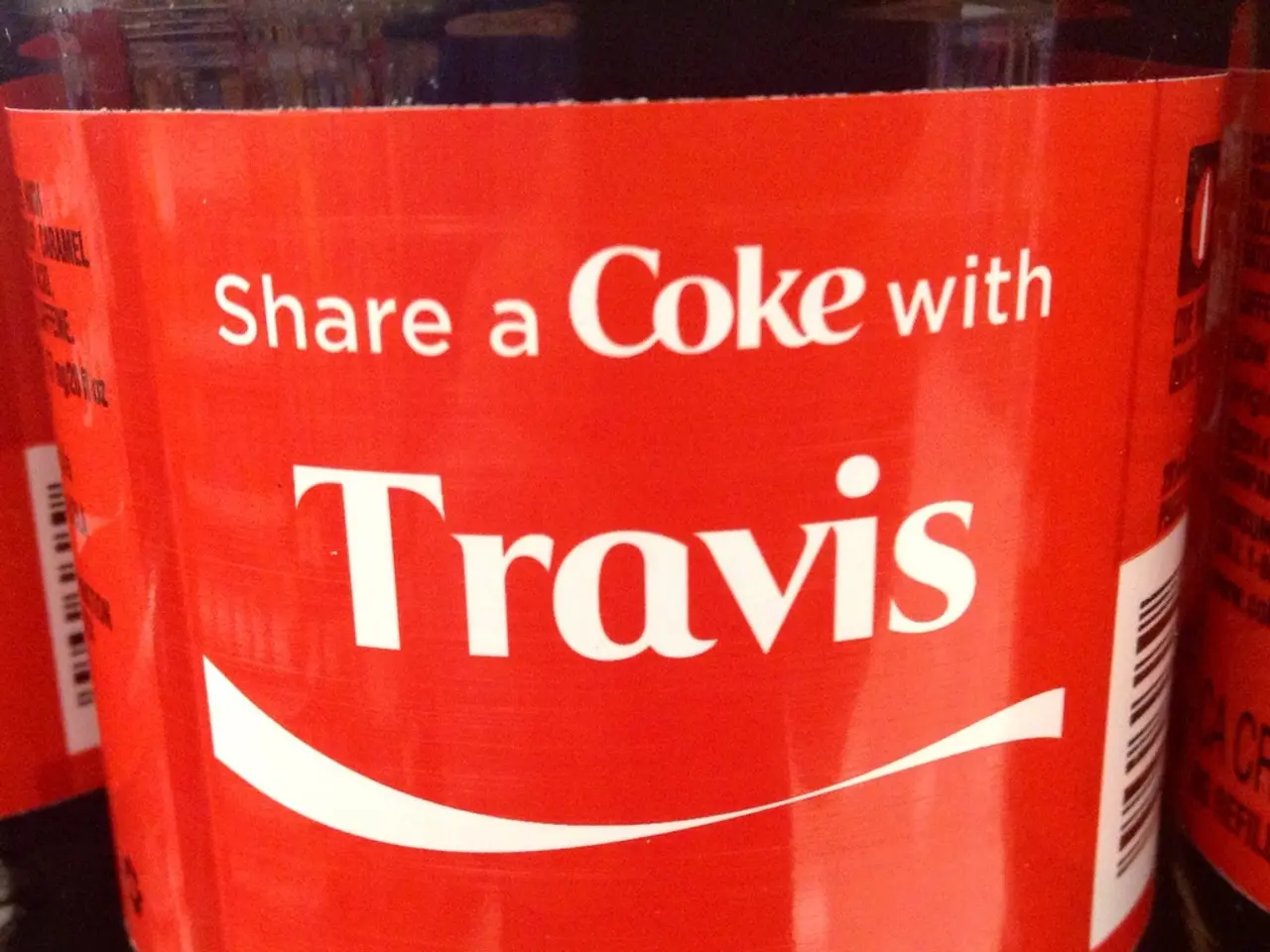Russian political activist Alexei Navalny holds significant influence throughout the country's historical narrative
Alexei Navalny, a prominent opposition leader in Russia, began his political journey as a lawyer and activist, critiquing corruption within the country. His relentless pursuit of justice and transparency eventually catapulted him to become the nation's foremost critic of Vladimir Putin's administration.
Navalny's prominence grew significantly after establishing the Anti-Corruption Foundation (ACF) in 2011. This organisation, renowned for its investigative campaigns, exposed government corruption through YouTube videos. As a result, he faced increasing state repression, including politically motivated criminal charges.
In the mid-2000s, Navalny entered formal politics with the Yabloko party, serving as Chief of Staff and Deputy Chief of its Moscow branch. In 2013, he ran for Moscow mayor as a candidate endorsed by the opposition party RPR–PARNAS. Despite facing embezzlement charges and subsequent sentencing, he was released pending appeal and continued his active campaigning. Although he ultimately lost to Putin ally Sergey Sobyanin, Navalny secured a strong 27% of the vote, demonstrating significant popular support despite media blackouts and legal obstacles.
Despite being barred from running for office due to his criminal convictions, Navalny continued to mobilise grassroots opposition via online platforms and mass protests against Kremlin corruption and authoritarianism. His Anti-Corruption Foundation remained a central hub for opposing Putin’s regime until it was outlawed and forced into exile. Navalny remained a key figure behind the scenes, even while imprisoned.
In December of 2017, Russia's Central Electoral Commission officially barred Navalny from entering the presidential election based on his corruption charges. In response, he called for a boycott and continued his protests and demonstrations. During an anti-Putin rally in 2018, Navalny was arrested and received a 15-day prison sentence.
In 2021, Navalny was detained and received a prison sentence for 2 1/2 years in a corrective labor colony. His sentence was extended under charges of embezzlement and contempt of court, and was denounced by many Western countries. Amnesty International labelled his trial a "sham."
Navalny's legacy as a symbol of resistance against oppression will endure. He advocated for a peaceful Russia, free of corruption, greater diplomatic and economic cooperation with Western Europe, regulation of workers from bordering central Asian countries, and repeal of Russia's anti-LGBTQ legislation.
President Biden believed Putin was responsible for Navalny's death, which occurred on February 16th, 2024, while serving a 19-year sentence in a Russian prison. Navalny was recognised as a key ally in the opposition against Putin's administration.
Navalny's career in politics began in 2000 when he joined the Russian United Democratic Party, known as "Yabloko." However, he was expelled from the party in 2007 due to his nationalistic views. In 2006, he appealed for permission to conduct the 2006 Russian March, an annual demonstration of Russian nationalist groups.
Navalny also created the youth social movement, "Da! - Democratic Alternative," which hosted popular public debates. Despite his controversial past, his unwavering commitment to transparency, democracy, and justice solidified his position as a significant figure in Russian politics. His death serves as a poignant reminder of the ongoing struggle for freedom and democracy in Russia.
- The general-news spotlight has shone brightly on Alexei Navalny, a key figure in Russian history, who was a prominent critic of Vladimir Putin's administration despite facing political repression.
- The Anti-Corruption Foundation, established by Navalny in 2011, has been instrumental in news stories about government corruption in Russia, using investigative campaigns and YouTube videos to expose wrongdoings.
- In the realm of politics, Navalny's opinions and activism have challenged the status quo, advocating for a corruptions-free Russia, greater diplomatic cooperation with Western Europe, and the repeal of Russia's anti-LGBTQ legislation, leaving a lasting impact on Russian politics and society.







